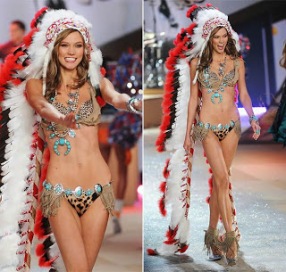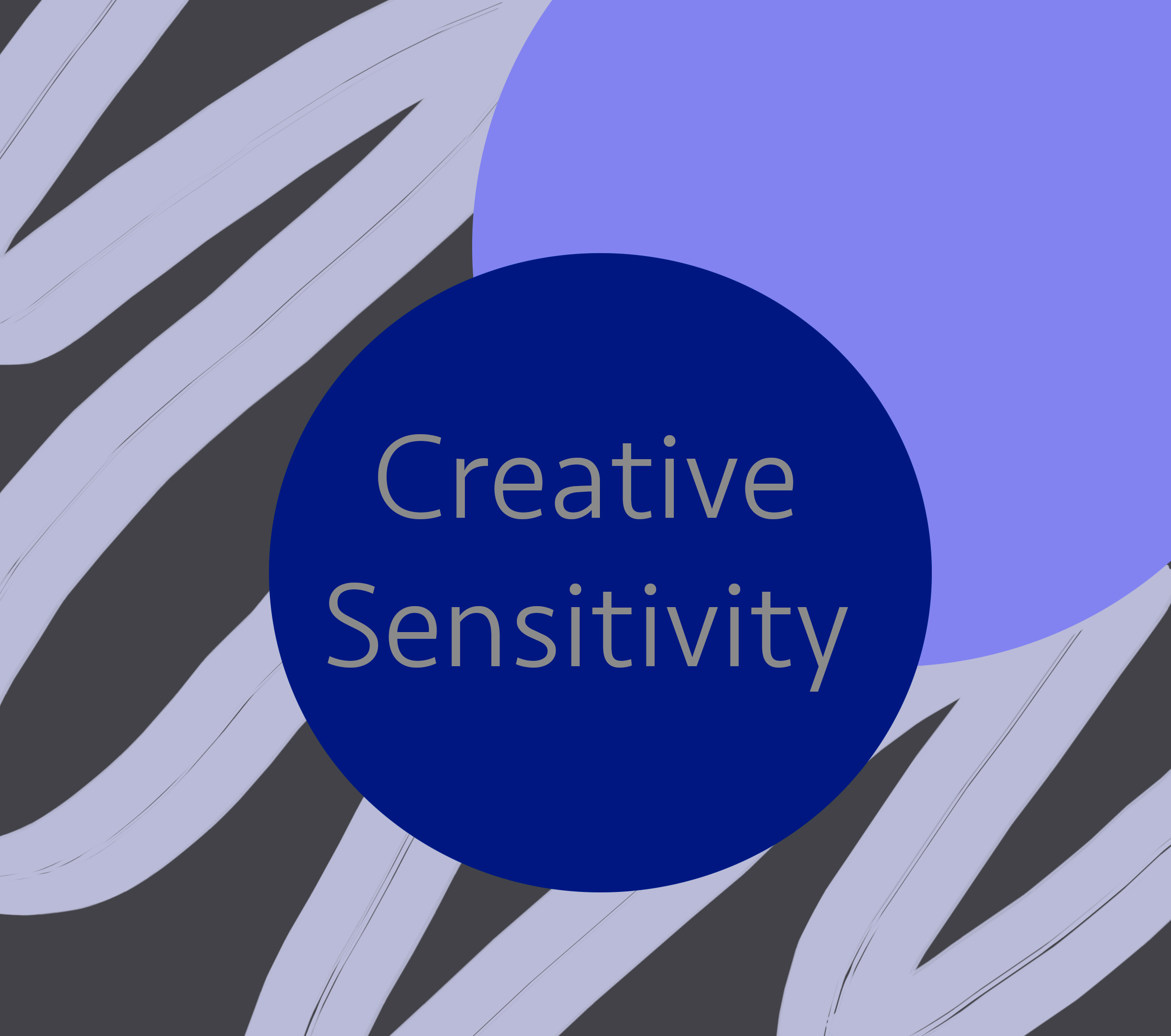Cultural Imperialism is the creation and maintenance of unequal relationships between civilisations, favouring the more dominant civilisation. Thus, cultural imperialism is the practice of promoting and imposing a culture of a dominant nation over a less powerful society.
– John Tomlinson, Cultural Imperialism: A Critical Introduction
We see this in effect with the relationship between the Western fashion industry and people belonging to cultural minorities in these western countries. Time and time again, American labels (eg. Victoria’s Secret) have benefitted off minority cultures for their profitability. This can be seen in the Victoria’s secret fashion show, when the headdress, sacred to Native American culture, was decontextualised without concern of the Indigenous people for an aesthetic and commercial gain.

This is problematic as such sacred objects have been decontextualised and in the case of Victorias secret, was used to aid in the sexualisation of the brand; something that was not the intended purpose of the item.
It is vital that as creative practitioners, we avoid this insensitivity, as we must respect the rich and beautiful cultures from which we draw our inspiration from instead of blatantly stealing these ideas; effectively behaving like colonists in previous centuries. It is important to honour these cultures instead of leaving them feeling powerless.
It is important to remember that it’s ok to “punch up” but never “punch down”.
Join our movement against cultural appropriation and towards creative sensitivity:
https://www.change.org/p/you-as-an-individual-pledge-against-cultural-misappropriation?recruiter=368991040&utm_source=share_petition&utm_medium=email&utm_campaign=share_email_responsive&utm_content=nafta_email_shortlink_1%3Ashortlink

The beauty within all cultures should be appreciated and inspired from – without indication of distaste and insensitivity.
Exploitation of culture and commodification is seen paramount within our society today, where individuals purchase items entirely on aesthetic, rather than consciously consuming the deeper manufacturing process.
I love how you mention, “it is important to honour these cultures instead of leaving them feeling powerless.” We MUST give power back to those victimised within the fashion industry, not only with those sacred cultured being capitalised, but also workers trade in overseas demographics which innately come from deep, inculcated values such as hard work and productivity, which is what Who R U Wearing wants to stimulate positive dialogue around. MS x
LikeLiked by 1 person
Very interesting article, well put. I wonder what you made of this video https://www.youtube.com/watch?v=Cyq6fTYxztc&. It created some controversy when it was published and it deals with some similar themes and ideas.
LikeLiked by 1 person
Hi Edward, thankyou for your comment. With regards to that video about blackface emoji’s and GIFS, we think that it depends on the context of the user using them.
We personally don’t believe that using black GIFS (with most people) is used offensively, however of course there may be some exceptions to this rule.
With the emoji situation however, we do feel that unless there is a message of equality where you are showcasing multiple toned emojis, there is no need to use an emoji that does not match your skin tone. They were created to increase diversity and not to belittle ethnicities or races based on their skin colour.
Let us know what you think! MC
– The Creative Sensitivity Project
LikeLike